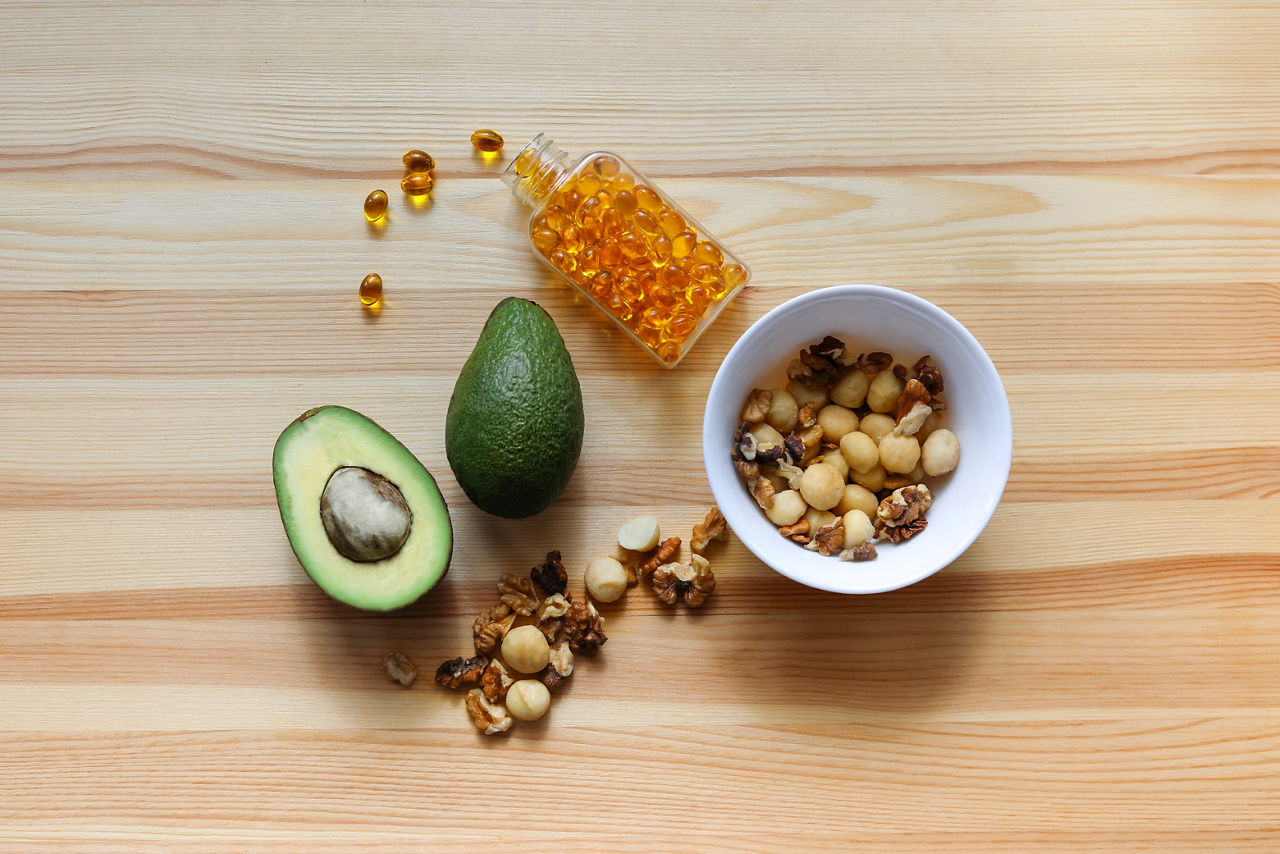Breastmilk is the best for babies. The World Health Organisation recommends exclusive breastfeeding for the first six months of life. Unnecessary introduction of bottle feeding or other food and drinks will have a negative impact on breastfeeding. After six months of age, infants should receive age-appropriate foods while breastfeeding continues for up to two years of age or beyond. Consult your doctor before deciding to use infant formula or if you have difficulty breastfeeding.
- Week 1
- Week 2
- Week 3
- Week 4
- Week 5
- Week 6
- Week 7
- Week 8
- Week 9
- Week 10
- Week 11
- Week 12
- Week 13
- Week 14
- Week 15
- Week 16
- Week 17
- Week 18
- Week 19
- Week 20
- Week 21
- Week 22
- Week 23
- Week 24
- Week 25
- Week 26
- Week 27
- Week 28
- Week 29
- Week 30
- Week 31
- Week 32
- Week 33
- Week 34
- Week 35
- Week 36
- Week 37
- Week 38
- Week 39
- Week 40
What are the Benefits of Omega 3 and Omega 6 in Pregnancy?
The journey from conception to birth is an amazing one. During pregnancy, your baby’s brain develops at an astounding rate. To optimise pregnancy outcomes and fetal health, ensure that your baby receives adequate omega 3 and omega 6. Here’s how.
LCP is short for long-chain polyunsaturated fatty acids. These help our body function normally1, and are essential in your baby’s development. Omega 3 and omega 6 are two families of LCPs that are particularly essential because these can’t be produced by the body. As such, these fatty acids can only be obtained through your diet1.
Omega 3: Supporting Your Baby’s Heart, Brain and Vision
Increasing your intake of omega-3 fatty acids comes with a number of health benefits. For one, it reduces the risk of developing heart disease3. This type of fatty acid also plays an important role in the development of your baby’s brain4, nervous system4 and eyes4, and contributes to normal cognitive development, which enables your baby to learn and think.
If you take enough omega-3 fatty acids during pregnancy and lactation, you can expect the following results:
· A healthy birth weight4
· Reduced risk of preterm delivery4
· Reduced risk of developing eczema later in life5
· Healthier, stronger bones6,7
· A positive effect on overall development, including verbal, motor and social skills7
Omega 3 is especially important during late pregnancy and the first few months after birth as it is said to reduce your risk of antenatal8 and postnatal depression9. Be sure to continue making oily fish such as salmon and mackerel a part of your diet.
Omega 6: Ensuring a Healthy Balance
Like omega-3 fatty acids, omega-6 fatty acids help support your heart health. Omega 6 is found in vegetable oils, and helps reduce the level of cholesterol in your blood1. Give your baby an edge by consuming sufficient Omega 6 during pregnancy! This builds up your baby’s stores and readies it for life after birth.11
Working It Into Your Pregnancy Diet
Like most mothers, you are likely getting sufficient amounts of omega-6 fatty acids. However, chances are that your body lacks omega-3 fatty acids16.
Oily fish such as salmon, sardine and mackerel are some of the richest sources of omega 3. During pregnancy, it’s recommended that you eat 2 portions a week for a healthy intake – any more than this and you might be exposed to high mercury content. For vegetarian mothers, walnuts, omega 3-enriched eggs, and flax seeds are the way to go!

Connect with our team of experts
We provide advice and support for you on your parenthood journey




